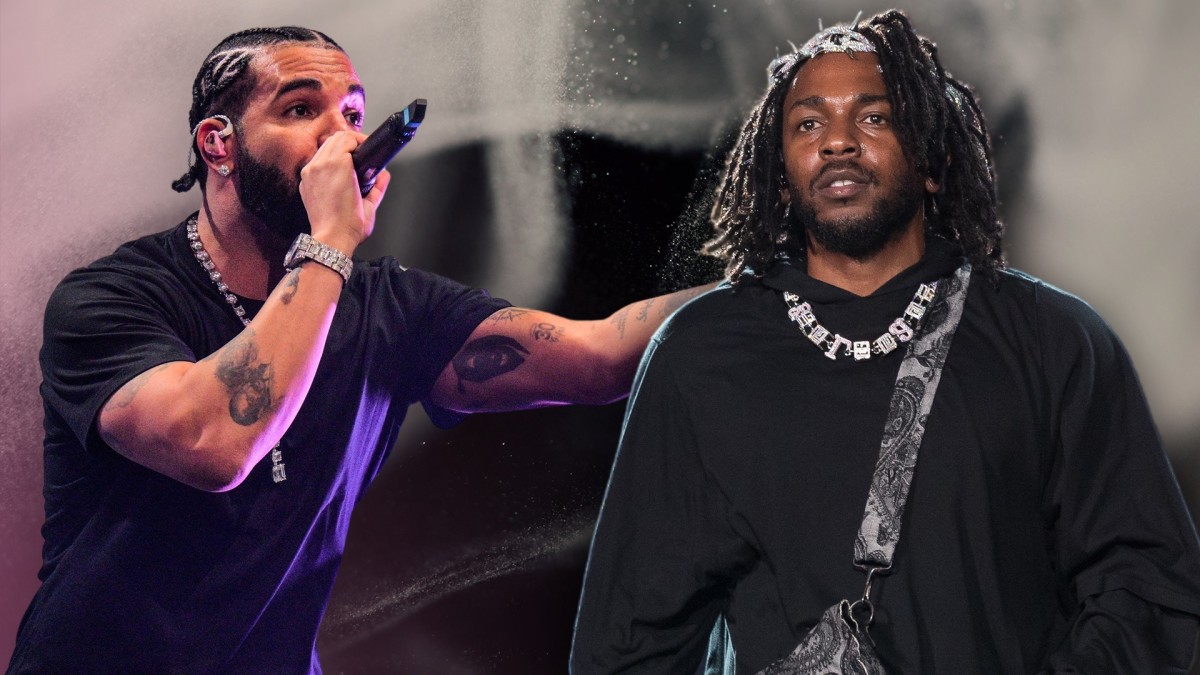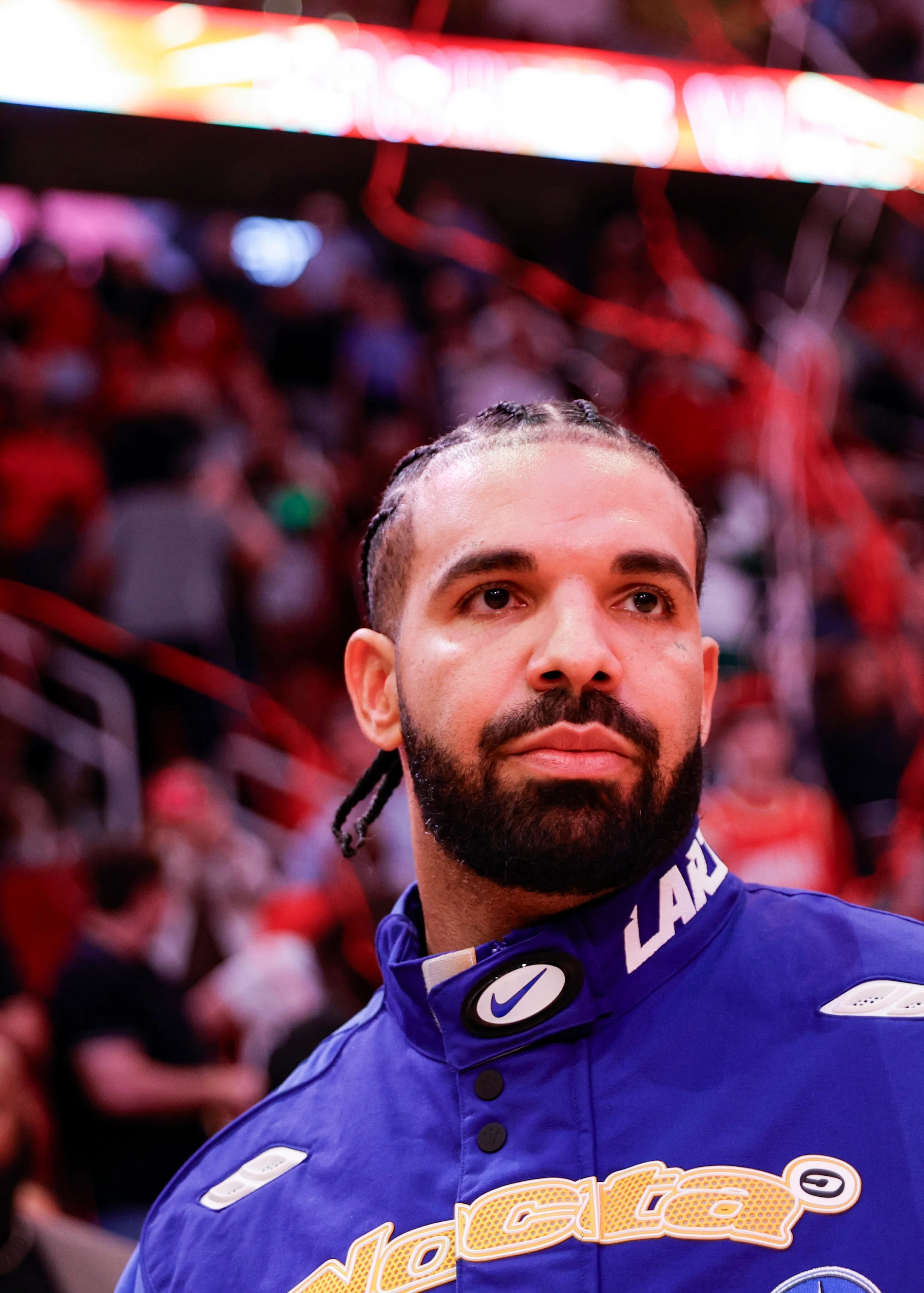
What makes the feud marketable?
Memphis freelance journalist and music critic Justin Davis has been closely watching the beef.
“Something I have been asking myself is whether we’ll ever see like a feud between mainstream parties play out this way again,” Davis said. “(And) I don’t think we will, because Kendrick and Drake are both are so much bigger than themselves. It’s just turned into this really complicated, and I think, in a lot of ways, gross spectacle.”
Regardless of what each rapper’s fanbase thinks, the real judge may be listening numbers. Music industry publication Billboard reported that Lamar’s steaming number “significantly increased since the simmering feud reached its recent boiling point.”
A.D. Carson, associate professor of hip hop at the University of Virginia in Charlottesville, says, “if someone were to ask who’s winning the battle, I would say that the winners are more likely, Spotify, YouTube and all of the places that are using the conflict for clickbait much more than any of the artists stand to gain.”
According to Billboard, from May 3 through 6, Lamar’s discography totaled 50.62 million streams – a 49% increase from the previous tracking period, while Drake’s overall catalog was actually down 5% during the same period.
“The two of them are so big at this point that I don’t think that they would need that kind of publicity stunt to just to boost their numbers. At the same time, I think (their) camps are aware that this kind of spectacle does something for them financially (and) they’re appealing directly to their fan bases in the process of this,” Davis adds.
And he says a lot of the attention comes from the current social media ecosystem.
“When you think about it, there’s this whole economy of reaction. People are not just going to listen to these tracks themselves. But, (there) are all of these people whose job is to react to the beef, right? Whether that’s music reactors on YouTube, that’s streamers, media personalities, there’s this whole economy around these kinds of stories that is benefiting from this,” says Davis.
“And, in turn, that’s going to draw more attention back to them, and whatever they do next,” he added.
Wider implications of Drake vs. Kendrick Lamar disses
The hip-hop scene is no stranger to music rivalries, but Carson says the Drake-Kendrick Lamar beef seems to be larger in scale.
“People understand rap battles as being something that folks have engaged in, of course, throughout hip-hop history… so I think you have that still. It’s just that the magnitude seems so much greater, because these guys are as famous as they are. And so a person who was going through the history of this might be able to bring up battles from the past, but all of those remained kind of localized,” he says.
He added, “Because the people who were in those places knew about them, or the regions that were being represented the towns that those artists were from probably know about them like the infamous battles that happened in the ’70s, or in the ’80s, like, in particular places–whether it be New York, Chicago, or LA. But now it’s happening online in front of this huge audience. And then you have these huge corporations like Spotify talking about hip hop as a competitive sport.”
Hip-hop artists Drake and Kendrick Lamar’s rap feud has sparked a global internet craze that has spread beyond hip-hop and the typical social media conversation. While feuds in the music business are not new, it appears that this one is expanding into politics and other domains.
A ton of memes, memorable hooks, and social media banter have come from the feud. It has also sparked debate and anxiety among supporters, who feel the rivalry may have gotten too personal.
Either way, it has raised the question: Why is this beef so influential and significant in terms of culture?






